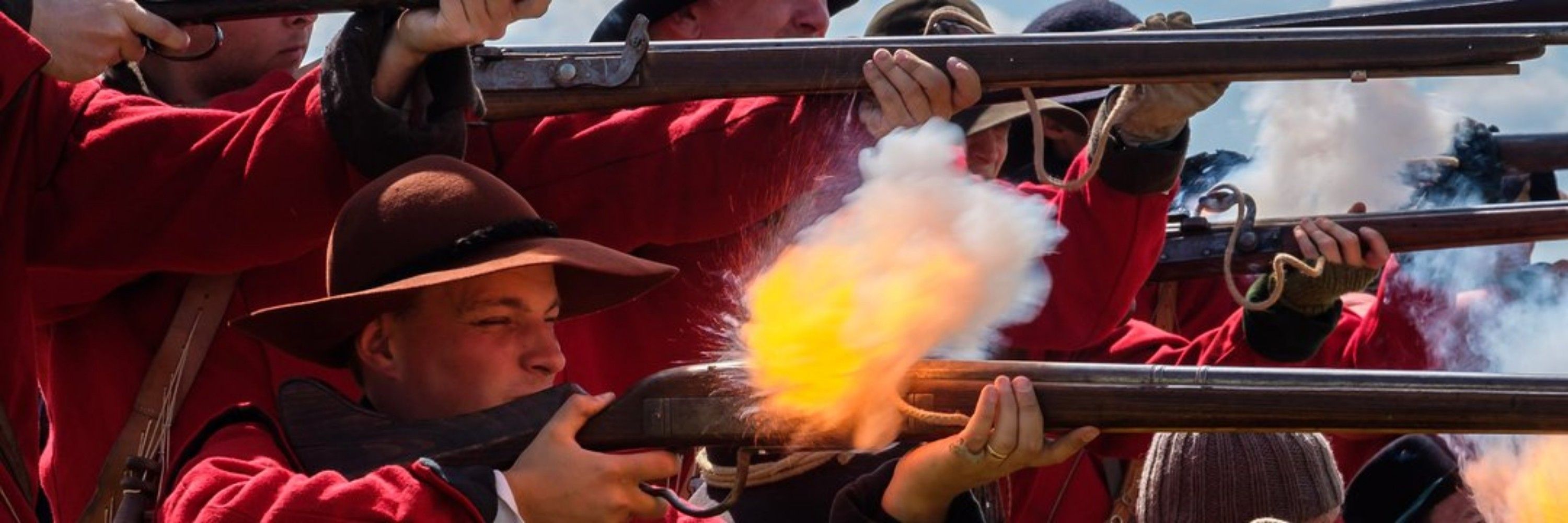English Civil War
@englishcivilwar.bsky.social
1.4K followers
770 following
2K posts
We're passionate about the English Civil Wars and 17th Century history! We're also reenactors - step into history and have an incredible weekend for just £10! www.earlofmanchesters.co.uk
Posts
Media
Videos
Starter Packs
Pinned




